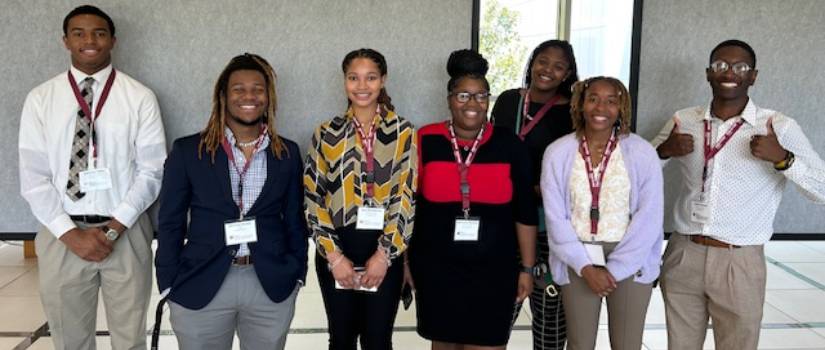Program Overview
SC-ADAR is a National Institute on Aging-funded undergraduate summer research training program is designed to improve underrepresented minority students’ research experience, academic skills, and readiness for career advancement. The program prepares students to pursue graduate studies in science, technology, engineering, and medicine related to aging.
SC-ADAR engages select undergraduate students in a rigorous two year, 10-week summer research training curriculum. Students who are invited to participate are provided on campus housing over the summer and a stipend to assist with expenses. While on campus, students will conduct research in their desired field under the mentorship of a USC faculty member. Students will spend the summer in the USC faculty’s lab and create a research poster that will be presented at the annual USC Summer Research Symposium. In addition to the lab curriculum, students will also engage in a seminar-based curriculum where they will learn more about aging research as a viable career path. Seminar topics include: Biology of Aging, Technology of Aging, Social Aspects of Aging, Research Methods, Professional Development, and Writing Skills Development.
Eligibility
Students interested in applying to the SC-ADAR program must:
- Be majoring in an MSTEM field (see Research Areas for SC-ADAR for full list of majors/topics)
- Be interested in learning more about aging research
- Be a citizen, non-citizen national, or permanent resident of the United States
- Have a GPA of 3.0 or above on a 4.0 scale
- Submit an application by March 3, 2025. The application will require a Resume/CV, unofficial transcripts, two 1-page essay responses, letter of recommendation from a faculty member. Use of any AI software is strictly prohibited for all parts of this application.
ADAR Summit
The 2025 ADAR Summit will be held in November in Boston, Massachusetts. More information to follow.
